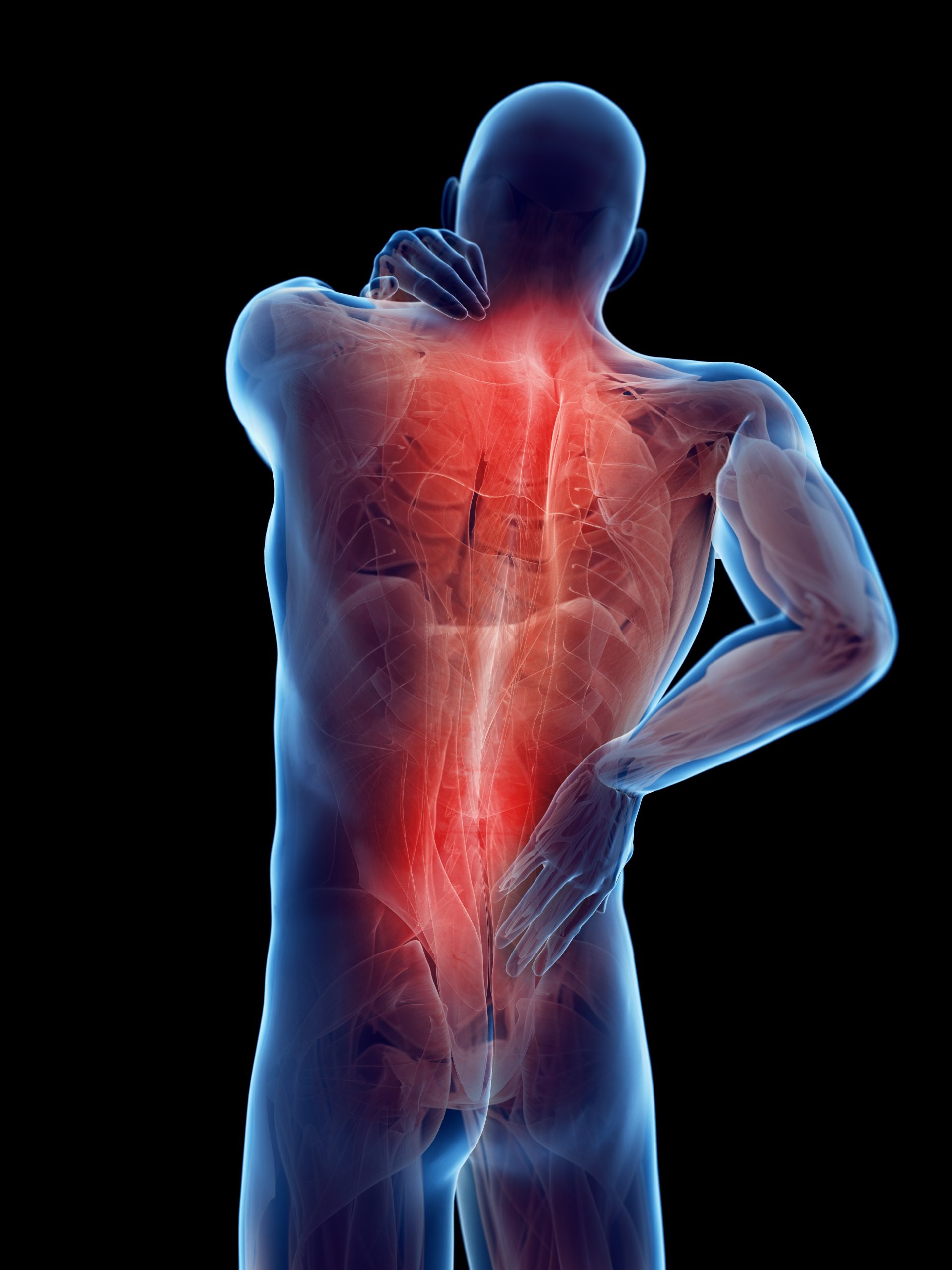
Most people assume they will feel the symptoms of an injury right away if it is serious. They may delay or avoid medical care if they do not notice pain immediately after a car accident. Some of the most serious personal injuries, however, including spinal cord injuries and traumatic brain injuries, can have delayed symptoms. Reacting properly to delayed pain after a car crash is critical for your personal safety as well as your insurance claim.
Go to a Hospital ASAP – With or Without Symptoms
It is more common than you might think not to notice the symptoms of a personal injury immediately after a car accident. Car crashes increase the adrenaline pumping through your veins, which can provide more energy. In this state, you might not notice pain or injury symptoms. Your adrenaline may be masking them. It might not be until later, when your adrenaline levels have returned to normal, that you notice injury symptoms.
The possibility of delayed symptoms is why it is important to see a doctor right away after a car accident in Texas, even if you feel normal. A physician can find injuries you may not yet notice using x-rays and other techniques. Prompt injury diagnosis can get you into treatment sooner, potentially preventing more serious physical harm. If you have a traumatic brain injury such as swelling or bleeding, for instance, a diagnosis through testing before you notice a symptom could lead to life-saving treatments. Waiting until you notice pain could be waiting too long.
While still at the scene of your car accident, do not tell a police officer you are uninjured until you have seen a doctor to verify. Do not tell an insurance company you have no injuries, either. This could make it more difficult for you to obtain financial recovery if you discover an injury later. If you did not visit a doctor immediately after your car accident, go at the first signs of an injury. The minute you start to experience pain, tingling, numbness, lack of concentration, headache, fatigue or nausea, go to the hospital for a checkup.
Document Your Medical Care
If a doctor diagnoses you with a car-accident related injury that had delayed pain, start documenting your medical care. Write down the date you saw a doctor, your official diagnosis and your treatment plan. Obtain copies of your medical records, x-rays, prescriptions and other medical documents to serve as proof of your injuries for an insurance claim. The insurance company will need to see as much evidence to prove you have an injury as possible, and that it came from the auto accident.
File an Insurance Claim
If you plan on seeking financial compensation for your medical bills and other injury-related damages from the driver at fault for your crash, contact that driver’s insurance provider as soon as you realize you are injured. Provide proof of your injuries in the form of medical documentation and letters from your physician. Do not, however, sign a blanket release form giving the insurance company access to your full medical history. This is a tactic the insurer could use to try to allege that your current injuries are preexisting. Instead, hand your insurance claim over to a personal injury attorney for assistance.
Hire a Personal Injury Lawyer
Injury claims involving delayed symptoms can be tricky to navigate as a claimant. These cases can be more difficult to prove to an insurance company, as you must show your injuries are related to the car accident and not something that happened after. You may need to hire a San Antonio car accident lawyer to represent you during insurance settlement negotiations for a fair outcome. A lawyer can help you collect evidence of your injuries and the other driver’s fault. A lawyer can also file your claim by the state’s deadline and take over negotiations with a claims adjuster on your behalf. Seeking help with your case from a lawyer can improve your odds of financial recovery.
